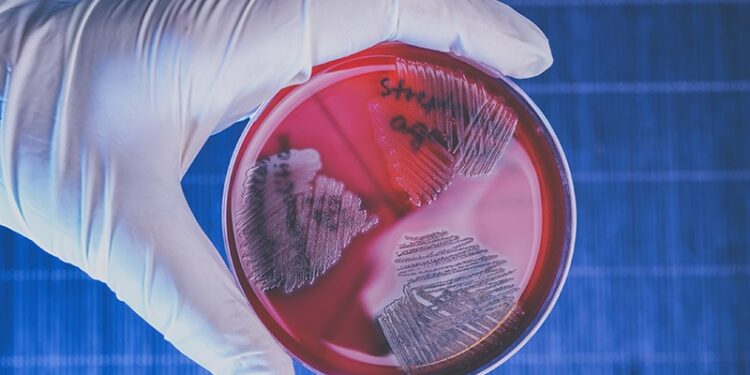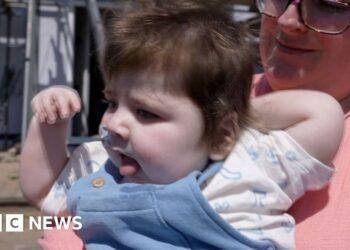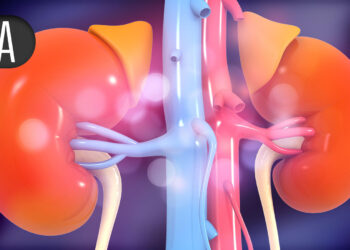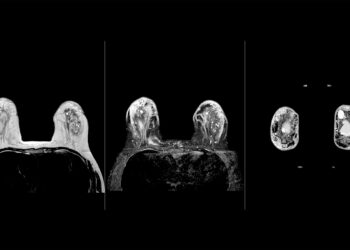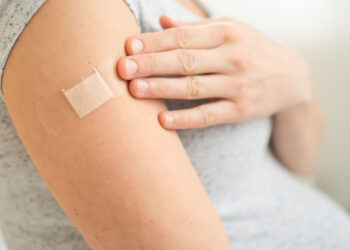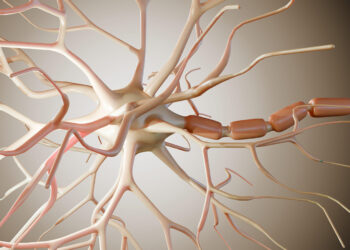TOPLINE:
Invasive group B Streptococcus disease in early infancy increased the risk for psychiatric disorders through adolescence. Infants with meningitis showed a higher cumulative incidence for these disorders than those with sepsis. Premature birth, maternal gestational diabetes, and low maternal education were further shown to elevate this risk.
METHODOLOGY:
- This cohort study assessed the association between invasive group B Streptococcus disease in early infancy and the risk for psychiatric disorders until adolescence and early adulthood by utilising data from the Danish national health and administrative registers.
- Overall, data from 1548 infants diagnosed with invasive group B Streptococcus disease between 1997 and 2020 were included, of whom 87.7% had sepsis and 12.3% had meningitis. These infants were matched with 15,345 control individuals and followed-up until 2022.
- The primary outcome was the development of any psychiatric disorder, and secondary outcomes included organic mental disorders, substance use disorders, schizophrenia, affective disorders, stress-related disorders, personality disorders, and developmental disorders.
- Parameters affecting the development of psychiatric disorders, including sex, prematurity, year of birth, maternal age at delivery, maternal education, and maternal income, were identified.
TAKEAWAY:
- Infants with invasive group B Streptococcus disease had a 41% higher risk for psychiatric disorders than control individuals (adjusted hazard ratio [aHR], 1.41; 95% CI, 1.23-1.62), with the risk being even greater in the first 10 years (HR, 1.69; 95% CI, 1.41-2.02).
- Overall, the cumulative incidence of psychiatric disorders was 21.1% in infants with invasive group B Streptococcus disease vs 16.2% in control individuals. Additionally, it was notably higher in infants with meningitis (30.1%) than in infants with sepsis (20.0%).
- Infants with the disease had increased risks for individual psychiatric disorders, including intellectual disabilities (HR, 2.19), nervous and stress-related disorders (HR, 1.43), and behavioural disorders (HR, 1.46).
- Maternal gestational diabetes, premature birth of infants, and low maternal education further increased the risk of developing psychiatric disorders through adolescence.
IN PRACTICE:
“Our findings suggest that iGBS [invasive group B Streptococcus disease] prevention should be considered in future clinical practice for pregnant people. Successful prevention of iGBS would decrease not only the mortality attributable to iGBS but also the long-term risk of psychiatric disorders caused by the infection,” the authors wrote.
SOURCE:
The study was led by Malene Risager Lykke, MD, Department of Clinical Epidemiology and Center for Population Medicine, Aarhus University and Aarhus University Hospital, Aarhus, Denmark. It was published online on March 13, 2025, in the Journal of Infection.
LIMITATIONS:
Inaccurate coding of diagnoses in nationwide registries may have led to overlap between sepsis and meningitis cases. The control individuals may have had infections from different pathogens, potentially biasing the findings. Additionally, data on invasive group B Streptococcus disease in intrauterine deaths or stillbirths were unavailable. Diagnosing psychiatric conditions in children could be difficult, and misdiagnosis might occur.
DISCLOSURES:
The study was conducted without any specific financial support, and none of the authors reported any conflicts of interest.
This article was created using several editorial tools, including AI, as part of the process. Human editors reviewed this content before publication.
Source link : https://www.medscape.com/viewarticle/group-b-streptococcus-infections-infancy-raise-mental-health-2025a10006nm?src=rss
Author :
Publish date : 2025-03-24 12:00:00
Copyright for syndicated content belongs to the linked Source.

